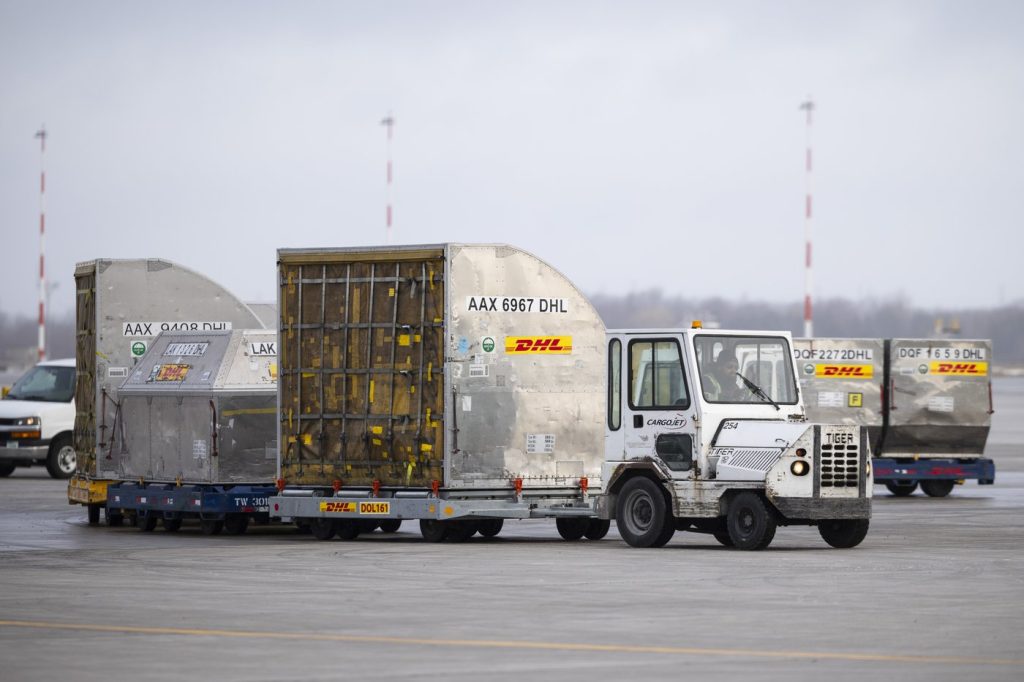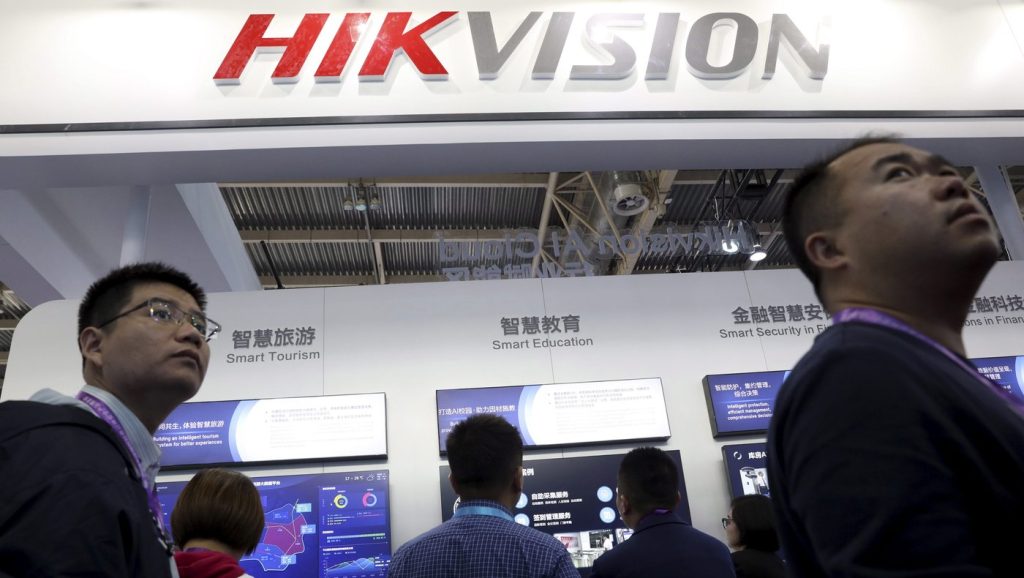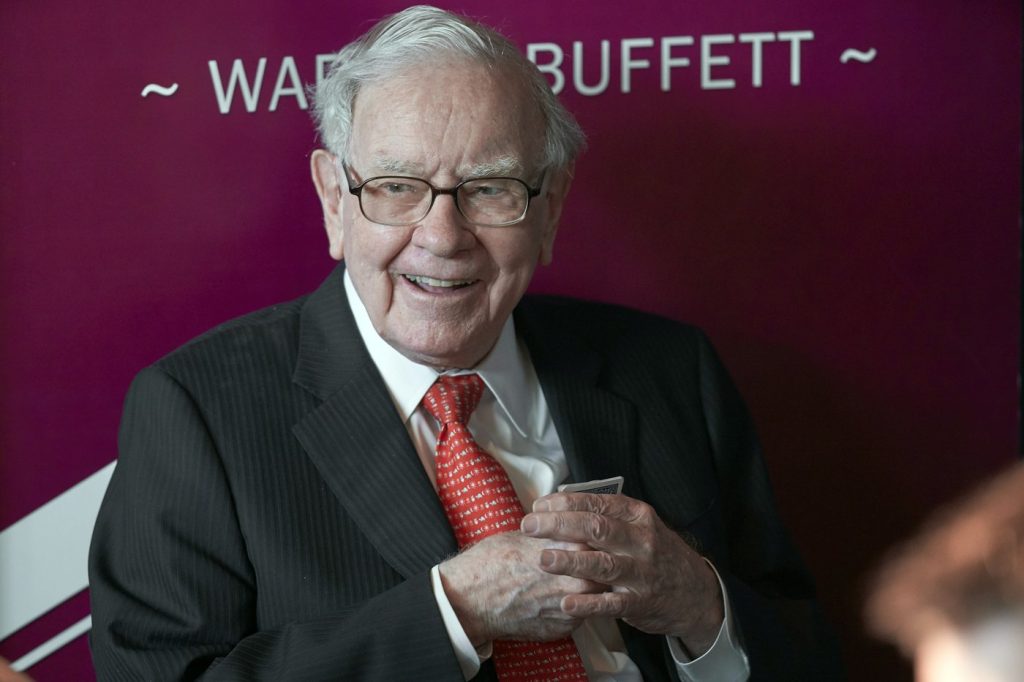TORONTO – Canada’s largest private sector union, Unifor, announced the end of a three-week lockout and strike at DHL Express Canada after workers ratified a new agreement. The agreement, which spans four years, received support from 72 percent of its members during the ratification vote.
The new contract impacts over 2,100 employees at DHL Express Canada, covering roles such as truck drivers, couriers, warehouse staff, and clerical positions. Unifor National President Lana Payne expressed pride in the union’s bargaining committee, highlighting their commitment to fighting for the respect and rights of the workers involved.
DHL Express confirmed in a statement that all operations in Canada have been fully reinstated as of June 30. The company expressed enthusiasm about resuming services and welcoming back team members, emphasizing its aim to provide the highest quality service to its customers, which include major clients like Lululemon, Shein, and Siemens.
The labor dispute began with a lockout at midnight on June 8, quickly leading to a strike initiated just hours later. Negotiations had been ongoing for almost a year, but tensions escalated as the company and union clashed over the use of replacement workers. This debate intensified with the implementation of new federal legislation banning such practices during work stoppages.
Initially, DHL continued its operations for the first twelve days of the strike but ceased operations early on June 20, which coincided with the enforcement of the new rules. The company attributed this shutdown to stalled negotiations and the complications stemming from the revised mandate, which prevents hiring new employees to take on the responsibilities of those striking or locked out.
During the negotiations, Payne accused DHL of attempting to undermine workers' wages by employing replacement workers, a claim that the company did not dispute. While the practice was legal before the legislation came into effect, it raised concerns about fairness in wage negotiations. Payne characterized this dispute as historic for the union, noting it served as a critical test case for the new anti-scab legislation, which ultimately aided in securing a fair collective agreement for the union members.
The ratified contract boasts significant improvements for the workers, including a 15.75 percent wage increase, enhancements to pension plans for hourly workers, and the introduction of a pension plan for owner-operators. Additional benefits include increases in short- and long-term disability payments, new mental health benefits, higher severance packages, and updated guidelines concerning artificial intelligence, robotics, and work-from-home policies.
Although the workers were cleared to return to work following the ratification of the agreement, Unifor did not provide a specific timeline for their return. The union extended its gratitude to the public for their patience during the period when workers aimed to clear the backlog of packages and deliveries. This resolution marks a significant step forward for DHL Express Canada and its employees, ensuring both better wages and working conditions as the company resumes its operations.












